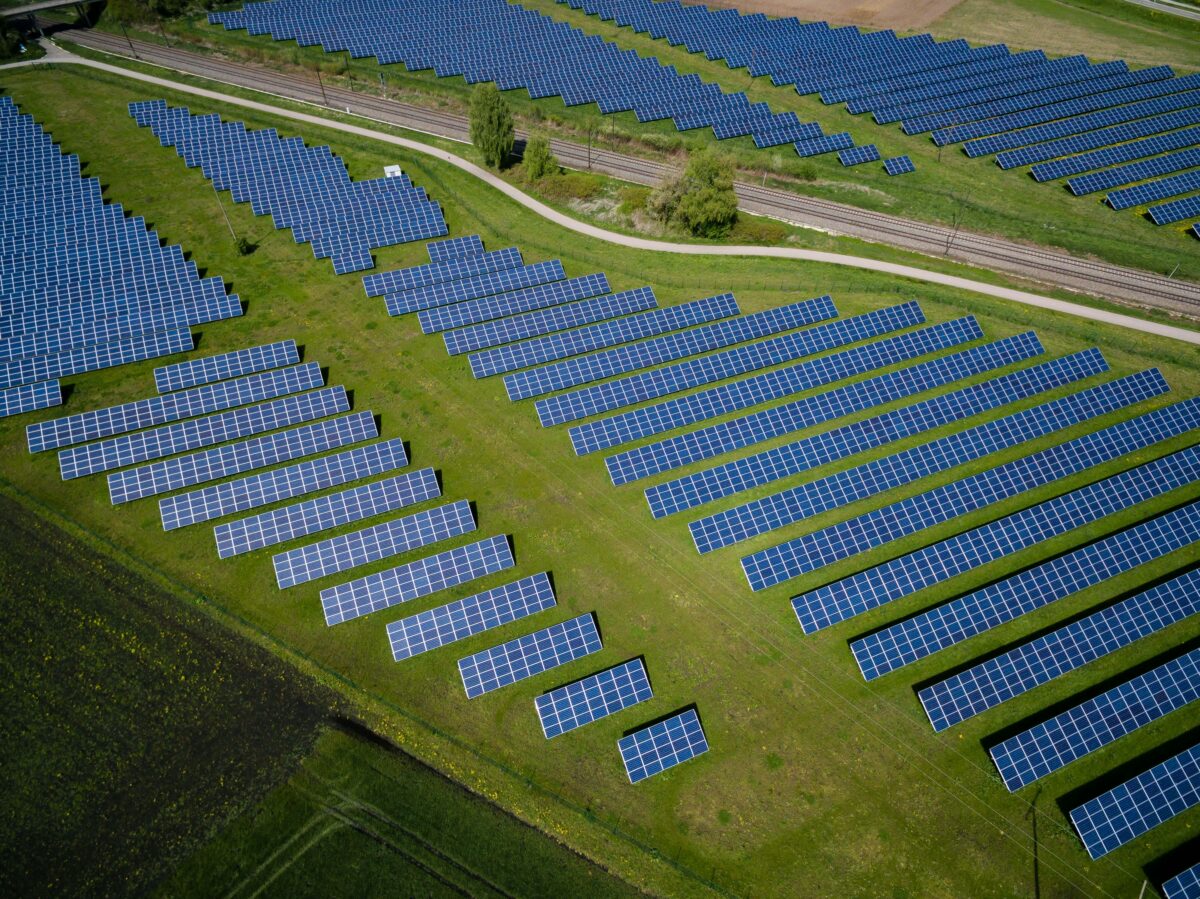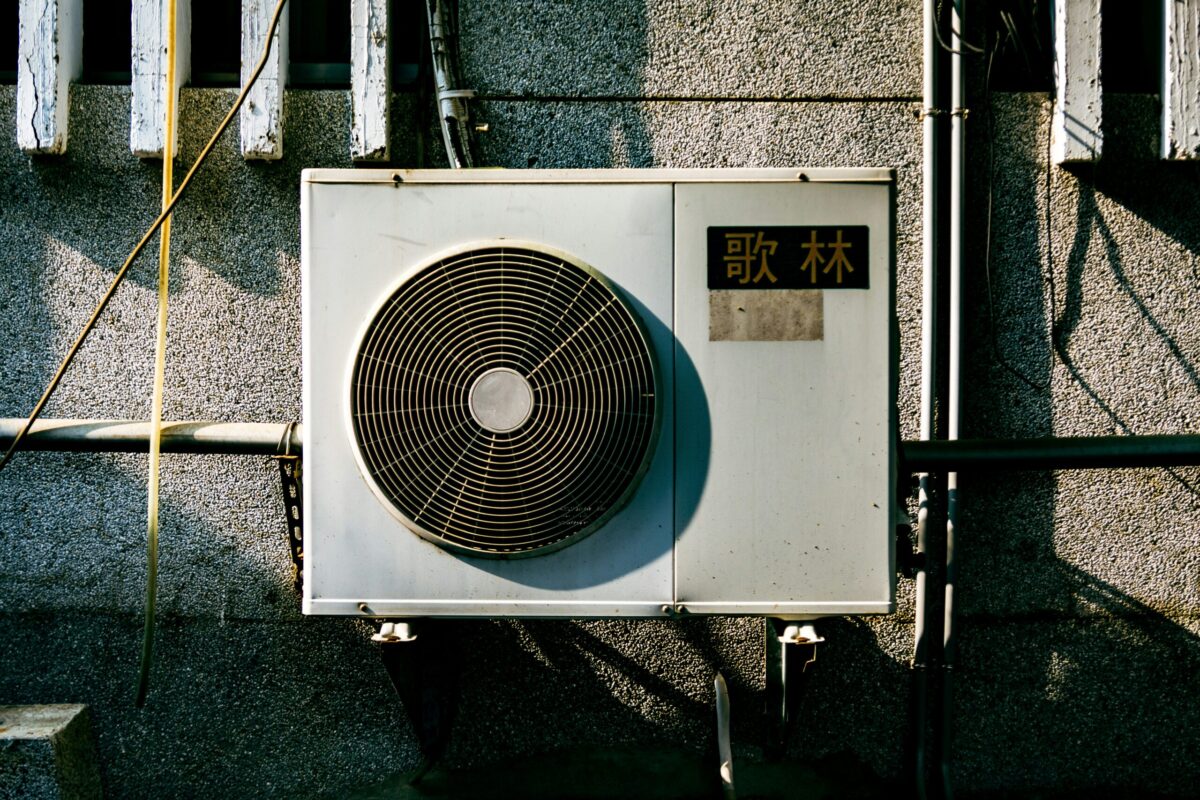German energy consultancy Enervis has launched its 24/7 PPA Platform. It has described the initiative as “a forward-looking market development project designed to accelerate the adoption of 24-7 PPAs.
The concept is designed to ensure that every hour of electricity consumption matches carbon-free generation. The initiative modeled five innovative 24-7 PPA alternatives – Pooled PPA, Battery PPA, Hydrogen PPA, Biomass PPA, and Run-of-River PPA – against a Baseload PPA benchmark that covers 100% of annual demand.
The model focuses on net costs, electricity volumes exceeding demand, and CO2 emissions over a 10-year horizon (2025-35) in Germany. While the Pooled PPA and Baseload PPA rely solely on solar, onshore wind and offshore wind to meet demand, the other options incorporate flexibility solutions.
- The Baseload PPA achieves 73% time-of-day adaptation and 60% CO₂ reduction compared to grid electricity, with an 8% cost premium.
- The Pooled PPA is most cost-effective for up to 90% time-of-day adaptation, but surplus volumes increase with higher levels of adaptation.
- Flexibility options are key to achieving 100% adaptation while limiting surpluses. While biomass and run-of-the-river plants are relatively cost-effective, H₂ plants and battery systems remain expensive alternatives.
Enervis said there are no ideal alternatives for all buyers, as each presents its own advantages and challenges. For example, baseload PPAs, continuous supply PPAs and biomass PPAs offer low costs and surplus volumes, but lack time granularity (baseload), additionality (continuous supply), or may pose sustainability issues (biomass).
In contrast, battery PPAs are limited by unclear regulations, have high costs and offer low surplus volumes. Finally, green hydrogen PPAs are currently not viable due to the lack of scalable green hydrogen production and high costs.
The platform developed standardized contractual frameworks for two key 24-7 PPA alternatives: a pooled PPA, which relies exclusively on renewable energy sources, and a dispatchable PPA, which integrates flexibility options.
The pooled PPAs include upstream production agreements between the renewable operators and the arrangers, and upstream baseload agreements between the arrangers and the offtakers.
Both agreements use a fixed price of euros per MWh. In the PPA agreement, the flexible operator supplies energy “as planned,” allowing the operator to designate the delivery of energy and manage deviations between renewable generation and demand. In addition, the buyer pays a capacity price in euros per MWh to take into account the flexibility provided.
To speed up 24-7 PPA adoption, Enervis has proposed key policy changes. It is calling for government incentives to drive investment in advanced technologies and clearer regulations for battery storage. The consultancy is also demanding the development of a standardized method to calculate the share of renewables.
Enervis called for the introduction of granular, time-stamped provisions across Europe, supported by a harmonized and automated system. It said public guarantees for pool operators in green energy contracts could improve bankability. It also said intermediaries between green hydrogen suppliers and producers could reduce surplus risks. Finally, it has proposed adding a 24-7 PPA option to Germany’s CO2 offsetting framework.
It added that achieving full compliance with all 24-7 PPA principles and 100% time-to-time adequacy within an acceptable cost and risk framework is currently a challenge that can be met in the medium to long term.
“Data center operators and green hydrogen producers are poised to lead the adoption of 24-7 PPAs, driven by decarbonization objectives and regulatory requirements,” the consultancy said. “Together, these sectors could account for up to 650 TWh of electricity demand in the EU in 2030, 20% of total electricity consumption.”
This content is protected by copyright and may not be reused. If you want to cooperate with us and would like to reuse some of our content, please contact: editors@pv-magazine.com.



By submitting this form you agree to pv magazine using your data for the purposes of publishing your comment.
Your personal data will only be disclosed or otherwise transmitted to third parties for the purposes of spam filtering or if this is necessary for technical maintenance of the website. Any other transfer to third parties will not take place unless this is justified on the basis of applicable data protection regulations or if pv magazine is legally obliged to do so.
You may revoke this consent at any time with effect for the future, in which case your personal data will be deleted immediately. Otherwise, your data will be deleted if pv magazine has processed your request or the purpose of data storage is fulfilled.
Further information on data privacy can be found in our Data Protection Policy.